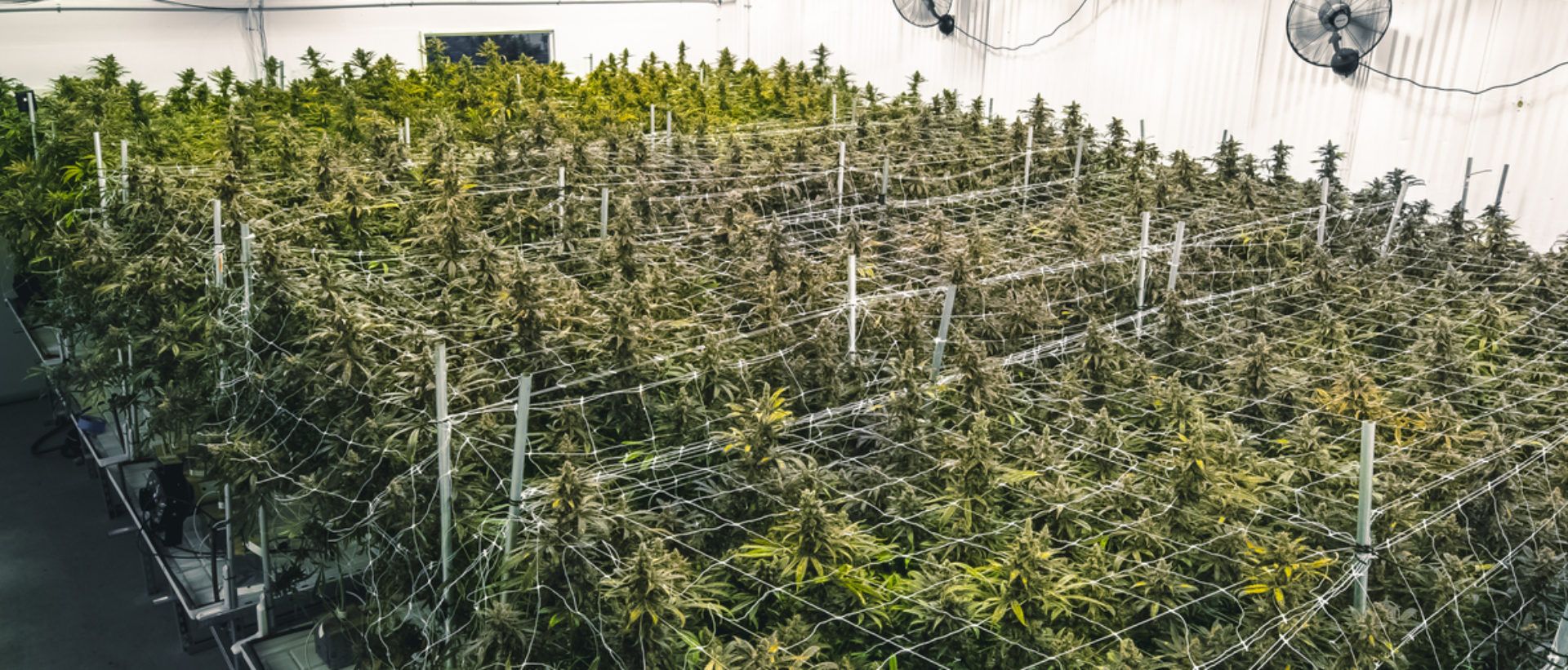-
Maximizing Profit Margins in Wholesale Marijuana Sales: Bulk Flower vs. Trim
In the competitive world of wholesale marijuana sales, maximizing profit margins often comes down to understanding the unique value propositions of bulk flower versus trim.…
-
Waste Management in Bulk Cannabis Operations
In large-scale marijuana processing and distribution—encompassing cultivation, extraction, trimming, and packaging—operations generate several categories of waste: Each category demands distinct handling protocols driven by both…
-
Eco-Conscious Approaches in Bulk Cannabis Logistics
As the cannabis industry matures, large-scale distribution networks are implementing innovative, measurable strategies to reduce their carbon footprint. These efforts span vehicle upgrades, optimized routing,…

